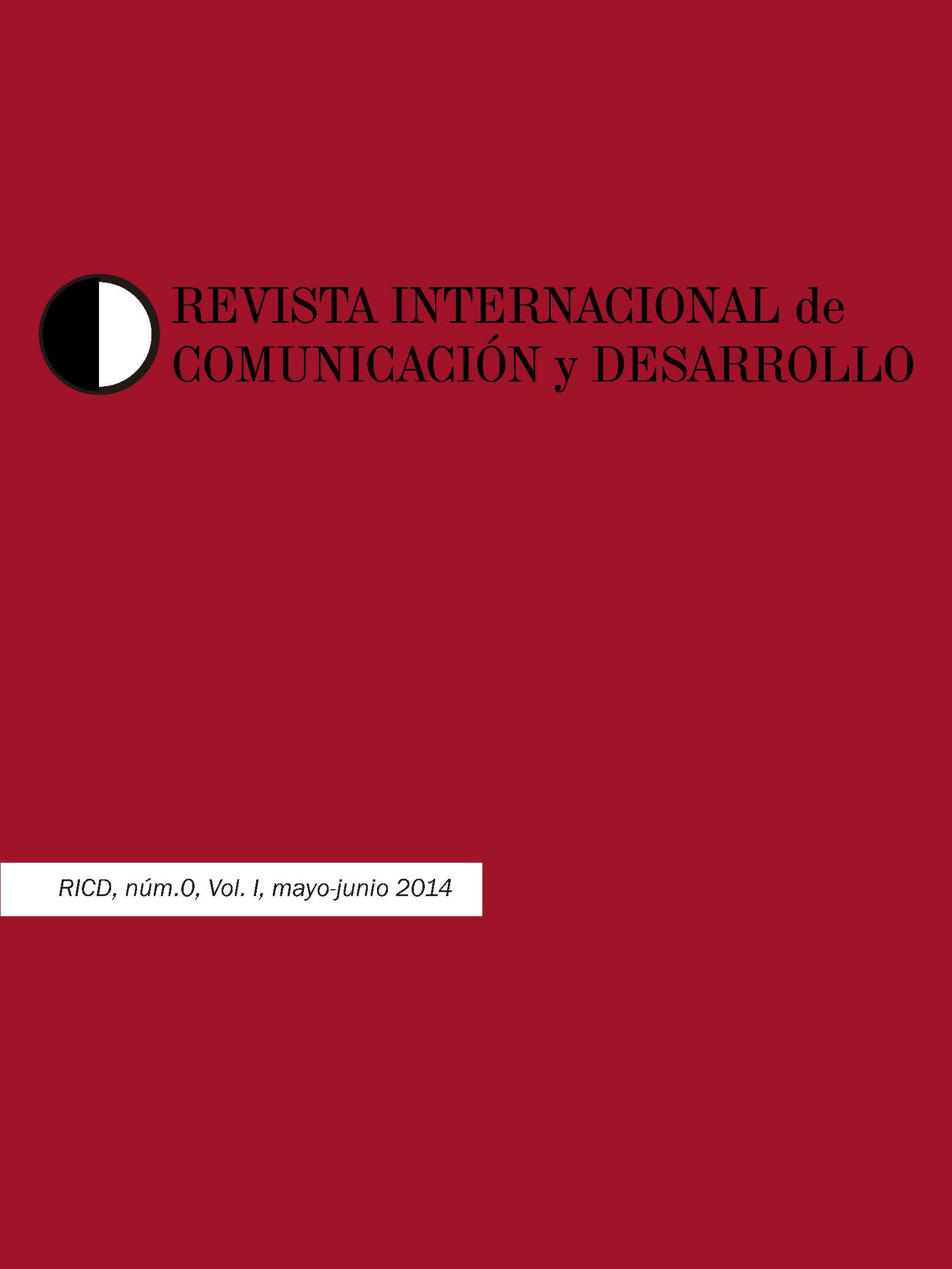Vol 1 No 0 (2014), Reviews
Submitted: 12-06-2014
Accepted: 12-06-2014
Published: 11-07-2014
This paper examines the systems and institutions that hold corporate power. It begins by considering the difference between under-nourishment (a deficit of calories) and the broader concept of food insecurity (a violation of physical and economic access to nutritious food). Power relationships lie behind food insecurity. Food insecurity is correlated with obesity, and both are importantly related to gender. To find a resolution for these problems, it is necessary to examine the context wherein power is exercised. The international peasant movement, La Vía Campesina, has examined this context and advocates “food sovereignty” whereby communities have a right to define their own food and agricultural policies. In particular, corporations, philanthropic foundations, and hegemonic governments cannot continue to define these policies. A critical element of this focus on community is the non-negotiable recognition of women’s rights. Thereby the rights of the majority of the undernourished— women and girls— as well as a substantial portion of the agricultural workforce—again, women and girls will be brought into the democratic conversation about policies. In the end, identifying inequities in power within the global food system is a means not only to interpret the system, but also to change it.
Food security, Food sovereignty, Gender inequities, La Vía Campesina, Non-communicable diseases, Power over food, Under-nourishment, Women’s rights


